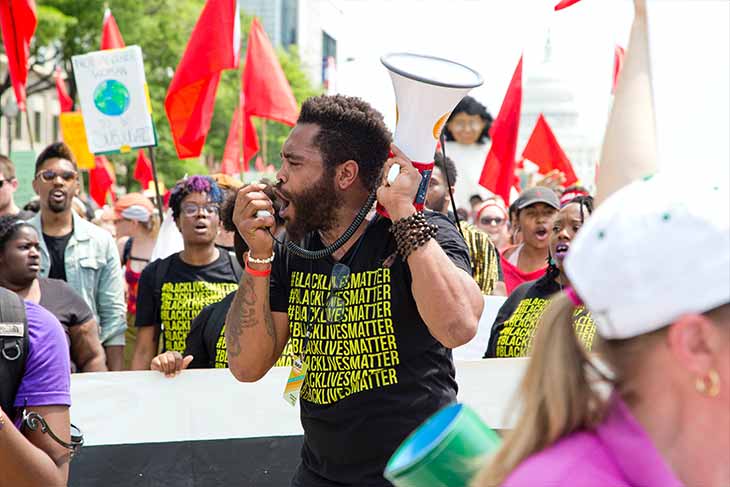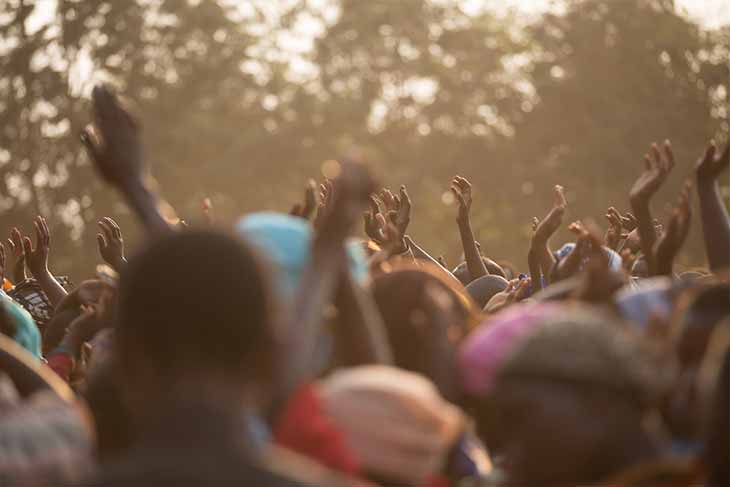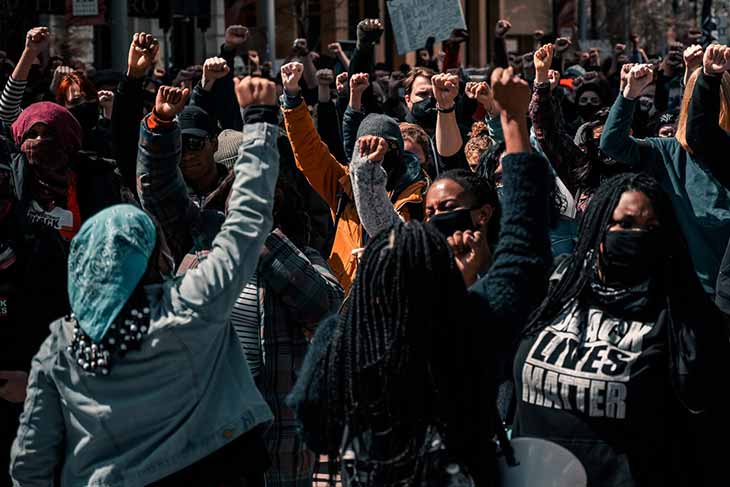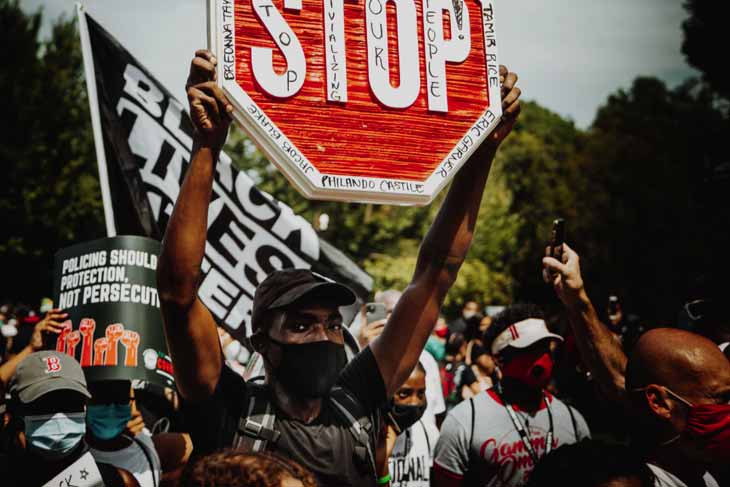
Juneteenth: What You Should Know
By Genesis Villamore Posted 6/10/2021 in LIFESTYLE
Introduction
For fourteen years, determining eligibility for public assistance benefits was my occupation. During that time, I met thousands of people. My office employed over 200 workers and very few were Caucasian. I developed some great friendships during those years and thought I knew a lot about African American culture. However, to my chagrin, until last year I was unaware of Juneteenth or its significance.
I continue to stay in contact with many of my former coworkers and think of them as friends if not extended family. When I decided that I would write an article about the importance of Juneteenth, I reached out to some of them. I wanted to hear what they know about Juneteenth and what it means to them.
Here’s what I learned:
My good friend D. Goode shared this story: “I heard about Juneteenth growing up, but it wasn’t widely celebrated. A few years ago, my church started to celebrate and commemorate Juneteenth before the governor made it a holiday. Juneteenth is a day to commemorate when some of our last known enslaved ancestors in Texas heard the announcement that the Emancipation Proclamation had declared them free in 1863.”
M. Isaac said, “I found out about Juneteenth when I moved to Texas. I did not understand all the hype when my coworkers were talking about taking the day off until they educated me that it took Texas two years to find out that slavery had ended. I was like ‘wow, really? I wonder why we weren’t taught that when I was in school.’ Thanks to all the people who took the time to discover this important piece of African American history and shared it, Juneteenth is now a big part of our celebration and history.”
——— ADVERTISEMENT – CONTINUE READING BELOW ———

B. Green told me, “I’ve always known about Juneteenth. In my family we called it Black Folk Freedom Day. My family has always celebrated it. In the 90s, I used to be a part of an acting company, and we did stage plays about Juneteenth. I also was a part of the Juneteenth festival committee that used to put a festival on in Norfolk and Portsmouth. “
Some Important History
Education in the United States is foundationally based on the history of Caucasians in America. While society takes strides in public education toward content that is representative of the diversity of the natation, we must accept the holes in our present knowledge and patch them if society as a whole wishes to remain strong.
Let’s start with what we many of us thought was the end of slavery:
The Emancipation Proclamation

Most of us were taught about it in school, but do you recall its meaning? It ended slavery, right? It has been many, many years since I was in school, so I had to do some research to accurately remember the details. This is a short summary:
President Abraham Lincoln read his proposed proclamation to his White House cabinet members in the summer of 1862, but he did not want to officially issue it until there was a military victory for the Union. That victory happened at Antietam on September 17, 1862. Just five days later, on September 22, 1862, President Lincoln signed the preliminary Emancipation Proclamation and announced to the Confederacy that all slaves in the rebellious states would be set free.
“. . . on the first day of January . . . all persons held as slaves within any State, or designated part of a State, the people whereof shall then be in rebellion against the United States shall be then, thenceforward, and forever free.”
The final Emancipation Proclamation was signed on January 1, 1863, during the third year of the Civil War. Unfortunately, it came with limitations and did not bring an end to slavery for all. Only the states that had seceded from the United States were affected by the proclamation, and parts of the Confederacy were exempt from it.
The Emancipation Proclamation did, however, change history in another significant way. After it was issued, black men were accepted into the Union Army and Navy, giving them independence and a new way to actively contribute to the battle against slavery. Almost 200,000 black soldiers and sailors fought as part of the Union Army or Navy.
So why June 19h and not January 1st?

The date June 19 has a deeper meaning signifying a small but important step toward racial equality. On June 19, 1865, Gordon Granger, a Union General, travelled to Texas to declare that the Civil War had ended and that slaves had been freed.
The people of Texas are informed that, in accordance with a proclamation from the Executive of the United States, all slaves are free. This involves an absolute equality of personal rights and rights of property, between former masters and slaves and the connection heretofore existing between them, becomes that between employer and hired labor. The Freedmen are advised to remain at their present homes and work for wages. They are informed that they will not be allowed to collect at military posts; and they will not be supported in idleness either there or elsewhere.
It should be noted that Juneteenth was still not the end of slavery in US territories. Kentucky and Delaware had not seceded from the Union at the time of the final Emancipation Proclamation, which meant slavery did not end for them at that time. It was not until the13th Amendment was adopted on December 18,1865, that slavery came to end in those states.
While December 18th might be a ‘truer’ date for a celebration of the end of slavery, Juneteenth’s roots began in Texas where that date was the end of slavery and that date held more meaning. The colloquial adjustment of June 19th to Juneteenth also made the date standout. It begs the question ‘what’s that?’ and with that interest and as people moved from Texas to other areas of the country, the understanding and the celebration of the holiday spread.
Misconceptions and Myths

There are some common misconceptions about Juneteenth. Below is a brief description of a few of them:
Despite recent reports from CNN and history.com, Juneteenth is not the oldest celebration of emancipation. The first known celebration was held on September 22, 1863, in Gallipolis, Ohio.
It is a false claim that the northern states were not part of the celebrations. Some believe that the holiday travelled across only the southern states. However, emancipation celebrations were held throughout the country during the late 19th and early 20th centuries.
Not that long ago, Harvard University claimed that Juneteenth has long been memorialized as “an Independence Day in the African American community.” The holiday has not always been observed though. During the Jim Crow period, Juneteenth celebrations ceased. Some believe celebrating it was impossible because of segregation. The Civil Rights Movement was instrumental in the return of Juneteenth celebrations.
Juneteenth

The original celebration, which was held in Austin, Texas, on June 19,1867, was called Jubilee Day or the Day of Jubilee. Freed slaves (or freedmen) who participated in the celebration of their freedom used the event to take part in political rallies. Voting instructions were also given to newly freed slaves. By the 1890s, Jubilee Day had become known as Juneteenth.
It is not recognized as a federal holiday (not yet anyway), but It is a symbolic date in United States history. In 1980, Texas was the first state to proclaim June 19th a state holiday. Since then, 47 states, as well as the District of Columbia, have come to recognize June 19th, or Juneteenth as it is more commonly known, as state holidays. Hawaii and the Dakotas are the only states that do not currently recognize Juneteenth.
Currently, there is a proposed bill in the Senate to make a Juneteenth a federal holiday. It has gained bipartisan support of 54 cosponsors, but it has not yet been passed. Senator Ed Markey stated, “…it’s long overdue.” Maybe this will be the year it happens.
To the readers and all my friends who celebrate Juneteenth with me, I hope you all have a safe and joyous celebration on this Juneteenth day this year and many more into the future.












